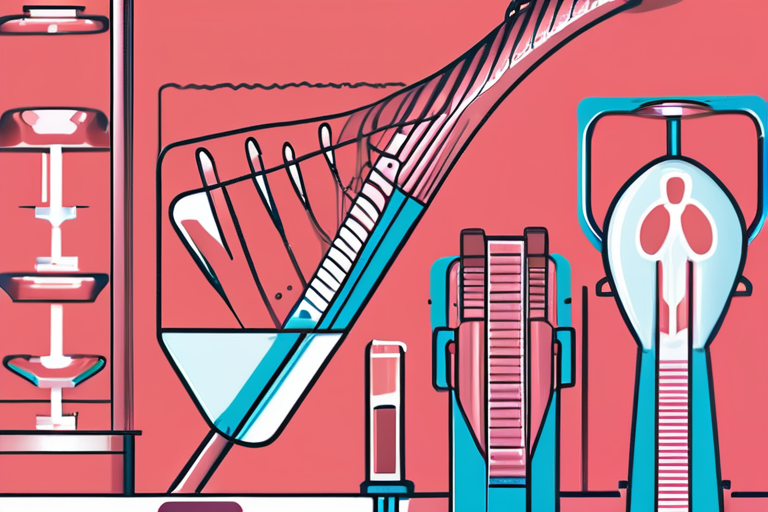A New Era in Gene Editing: West Coast Biotech Entrepreneur Secures $30 Million to Study Genetically Edited Babies
Lucas Harrington, a renowned gene-editing scientist, has taken a monumental step in the field of genetic engineering. The West Coast biotech entrepreneur has secured a staggering $30 million to form a public-benefit company, Preventive, dedicated to researching the safety and efficacy of heritable genome editing. This revolutionary technology involves modifying the DNA of embryos to correct harmful mutations or install beneficial genes, with the ultimate goal of preventing disease. Harrington's bold move marks the largest known investment in this taboo technology, sparking both excitement and trepidation in the scientific community.
Preventive is being formed to rigorously research whether heritable genome editing can be done safely and responsibly. Harrington, a pioneer in the field, has emphasized that the company will not rush to try out the technique, instead opting for a cautious and methodical approach. This stance is a departure from the first scientist to successfully edit human embryos, He Jiankui, who was imprisoned for three years in China for his actions. The procedure remains illegal in many countries, including the US, and doubts surround its usefulness as a form of medicine.
Harrington's vision for Preventive is to create a comprehensive understanding of the risks and benefits associated with heritable genome editing. The company will focus on researching the long-term effects of gene editing on human health, as well as exploring the potential for this technology to address some of the world's most pressing diseases. With a $30 million investment, Preventive is well-positioned to tackle these complex questions and push the boundaries of what is currently possible in the field of genetic engineering.
The investment in Preventive is a testament to the growing interest in gene editing as a potential solution for preventing disease. According to a report by the market research firm, Grand View Research, the global gene editing market is expected to reach $15.3 billion by 2027, growing at a compound annual growth rate of 14.5%. This rapid growth is driven by the increasing demand for gene editing technologies in the fields of biotechnology, pharmaceuticals, and agriculture.
Dr. Jennifer Doudna, a leading expert in the field of gene editing and a Nobel laureate, has expressed her support for Harrington's approach. "Lucas Harrington's commitment to rigorous research and responsible innovation is exactly what is needed to advance the field of gene editing," she said. "Preventive has the potential to make a significant impact in the lives of millions of people around the world."
As Preventive embarks on its mission to study heritable genome editing, the scientific community is watching with bated breath. The company's cautious approach and commitment to research are a welcome departure from the controversy surrounding earlier attempts at gene editing. With a $30 million investment and a team of experts dedicated to exploring the potential of this technology, Preventive is poised to make a significant contribution to the field of genetic engineering.
In the years to come, Preventive's research will likely shed new light on the possibilities and limitations of heritable genome editing. As the company continues to push the boundaries of what is possible, it will be essential to engage in ongoing dialogue about the ethics and implications of this technology. By doing so, we can ensure that the benefits of gene editing are realized while minimizing the risks.
Preventive's story serves as a reminder that the future of genetic engineering is complex and multifaceted. As we continue to explore the possibilities of this technology, it is essential to prioritize responsible innovation and rigorous research. With a $30 million investment and a team of experts dedicated to this mission, Preventive is well-positioned to shape the future of gene editing and make a lasting impact on human health.


























Share & Engage Share
Share this article